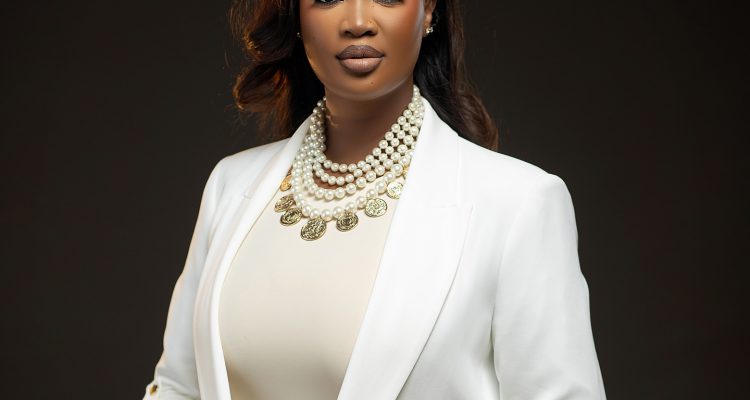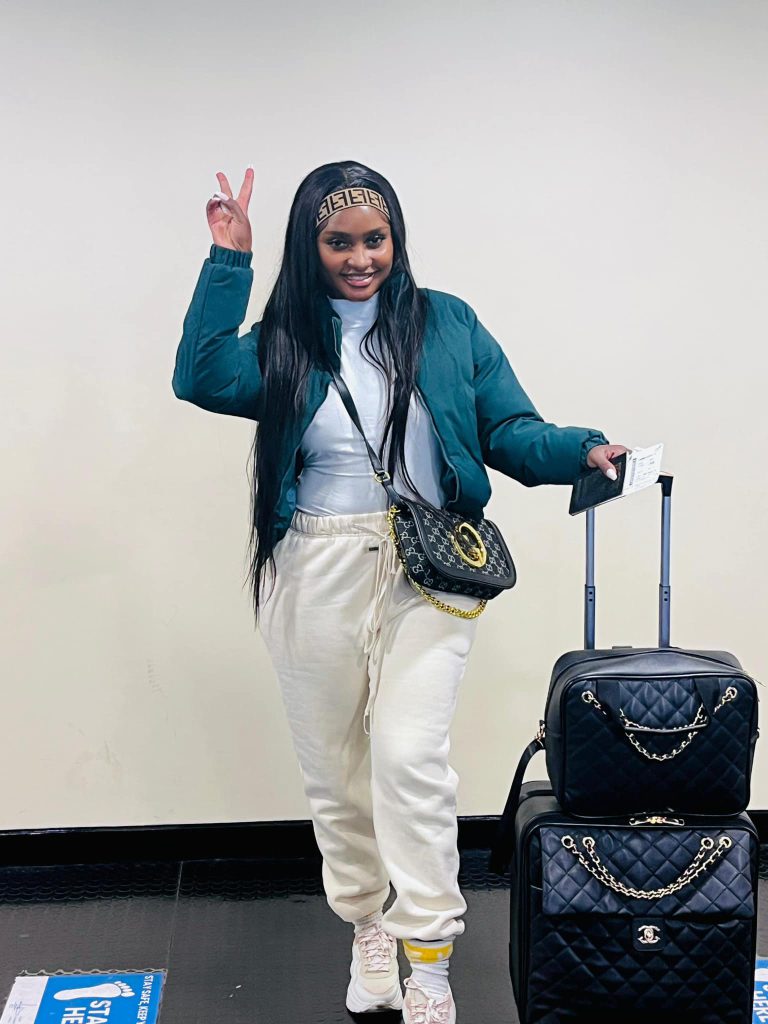
In Malawi, the entertainment industry is rapidly growing. Music, film, and television produced in Malawi are gaining a larger audience both locally and internationally. Despite this growth, there is a noticeable lack of female representation in these sectors.
This absence is a significant issue. It needs to be addressed if Malawi is to develop a diverse and inclusive entertainment industry. Increasing female representation is not just a matter of fairness. It is essential for the growth and richness of the industry as a whole.

Female artists bring unique perspectives and accounts of their lived experiences that are often underrepresented or overlooked. Music offers women artists a platform to express themselves. Their artistic work sheds light on a world that is often painted predominantly by men. As a result, music by female artists resonates with a broader audience.
For example, female artists like Zane Challe, Sangie, and Hazel Mak have broken barriers. They have gained recognition both locally and internationally. Their music often touches on themes like empowerment, love, and resilience, offering a different viewpoint from their male counterparts. This diversity in content enriches the industry and makes it more relatable to a wider range of people.
Moreover, representation matters because it inspires the next generation. When young girls see women succeeding in the entertainment industry, they are more likely to consider a similar career. Role models are crucial in shaping aspirations. Without visible female figures in the industry, many talented young women can never consider a career in entertainment.
The success stories of actresses and filmmakers like Joyce Mhango Chavula and Lily Banda serve as an inspiration. They inspire many aspiring female filmmakers in Malawi. This is especially true with the University of Malawi now offering film production as a degree. Their achievements show that with talent and determination, it is possible to excel in this industry, regardless of gender.
Yet, the challenges facing women in the entertainment industry are large. Cultural norms and societal expectations often discourage women from pursuing careers in entertainment. In many cases, women are expected to prioritise family and traditional roles over their careers.
The industry itself is shaped by patriarchy. It is often hostile to women. Issues like gender discrimination, harassment, and unequal pay are common. These barriers not only limit the number of women entering the industry. They also hinder those already in it from advancing to higher levels.
To overcome these challenges, Malawi needs to make deliberate efforts. As a country, we need to create an environment that supports and encourages female participation in the entertainment industry. Measures like mentorship programs can help reverse the situation. Scholarships for women studying arts and media are also beneficial. Initiatives that promote gender equality in the workplace are crucial.
Media organizations and entertainment companies should also be more proactive in hiring women and promoting their work. IIncluding more Malawian female headliners in festivals like the Lake Malawi annual music festival can help level the playing field. Imagine Temwa or Tuno as lead performers at the Lake of Stars. This would help level the playing field. It would make sure that the content produced reflects the diverse society we live in.
Increasing female representation in Malawi’s entertainment industry is not just a matter of justice. It is essential for the growth and relevance of the industry. By embracing and promoting female talent, Malawi can build a more vibrant and inclusive entertainment industry that benefits everyone.














